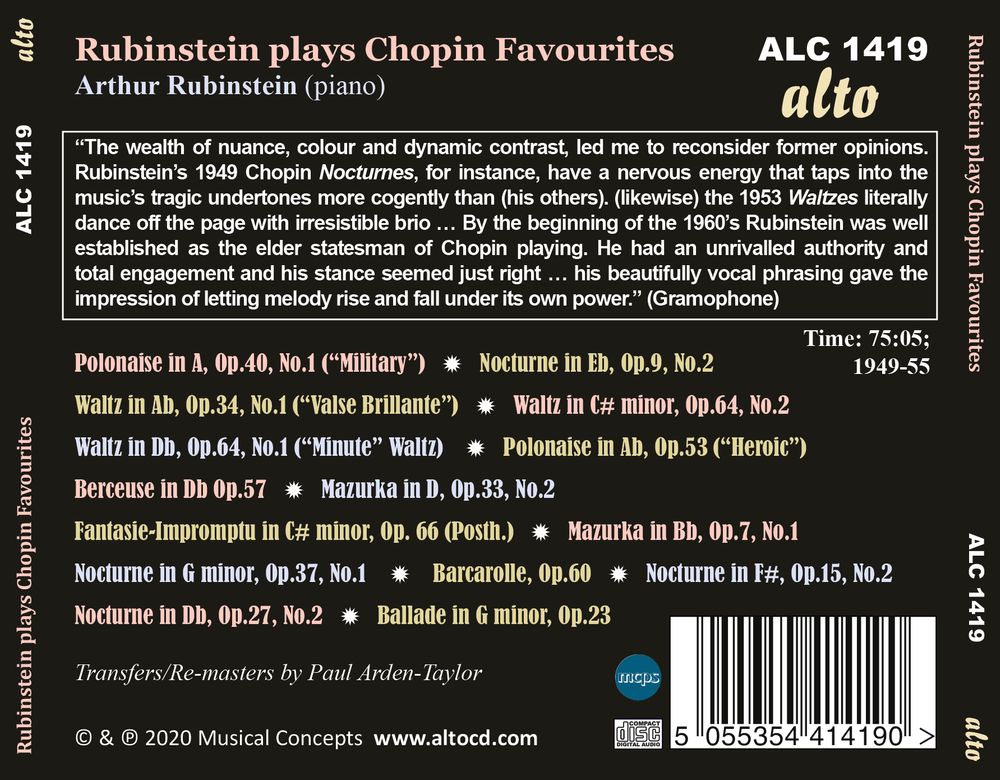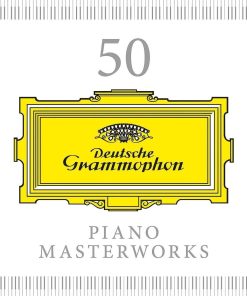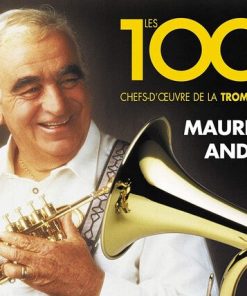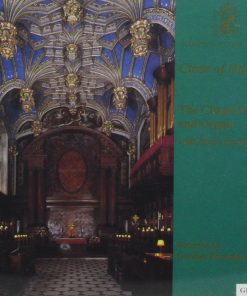RUBINSTEIN PLAYS CHOPIN FAVORITES ALTO
$ 5,99 $ 3,59

“The wealth of nuance, colour and dynamic contrast, led me to reconsider former opinions. Rubinstein’s 1949 Chopin Nocturnes, for instance, have a nervous energy that taps into the music’s tragic undertones more cogently than (his others). (likewise) the 1953 Waltzes literally dance off the page with irresistible brio … By the beginning of the 1960’s Rubinstein was well established as the elder statesman of Chopin playing. He had an unrivalled authority and total engagement and his stance seemed just right … his beautifully vocal phrasing gave the impression of letting melody rise and fall under its own power.” (Gramophone)

1. Polonaise in A, Op.40, No.1 (“Military”) 5:29
2. Nocturne in Eb, Op.9, No.2 4:11
3. Waltz in Ab, Op.34, No.1 (“Valse Brillante”) 4:28
4. Waltz in C# minor, Op.64, No.2 3:45
5. Waltz in Db, Op.64, No.1 (“Minute” Waltz) 1:42
6. Polonaise in Ab, Op.53 (“Heroic”) 6:43
7. Berceuse in Db Op.57 4:36
8. Mazurka in D, Op.33, No.2 2:25
9. Fantasie-Impromptu in C# minor, Op. 66 (Posth.) 5:15
10. Mazurka in Bb, Op.7, No.1 2:12
11. Nocturne in G minor, Op.37, No.1 5:27
12. Barcarolle, Op.60 9:28
13. Nocturne in F#, Op.15, No.2 3:33
14. Nocturne in Db, Op.27, No.2 5:12
15. Ballade in G minor, Op.23 9:20
Fast Shipping and Professional Packing
Due to our longstanding partnership with UPS FedEx DHL and other leading international carriers, we are able to provide a range of shipping options. Our warehouse staff are highly trained to pack your goods exactly according to the specifications that we supply. Your goods will undergo a thorough examination and will be safely packaged prior to being sent out. Everyday we deliver hundreds of packages to our customers from all over the world. This is an indication of our dedication to being the largest online retailer worldwide. Warehouses and distribution centers can be located in Europe as well as the USA.
Orders with more than 1 item are assigned processing periods for each item.
Before shipment, all ordered products will be thoroughly inspected. Today, most orders will be shipped within 48 hours. The estimated delivery time is between 3-7 days.
Returns
The stock is constantly changing. It's not entirely managed by us since we are involved with multiple parties such as the factory and our storage. The actual stock can fluctuate at any time. Please understand it may happen that your order will be out of stock when the order is placed.
Our policy is valid for 30 days. If you haven't received your product within 30 days, we're not able to issue either a return or exchange.
You are able to return a product if it is unused and in the same condition when you received it. It must also still remain in the original packaging.



























































